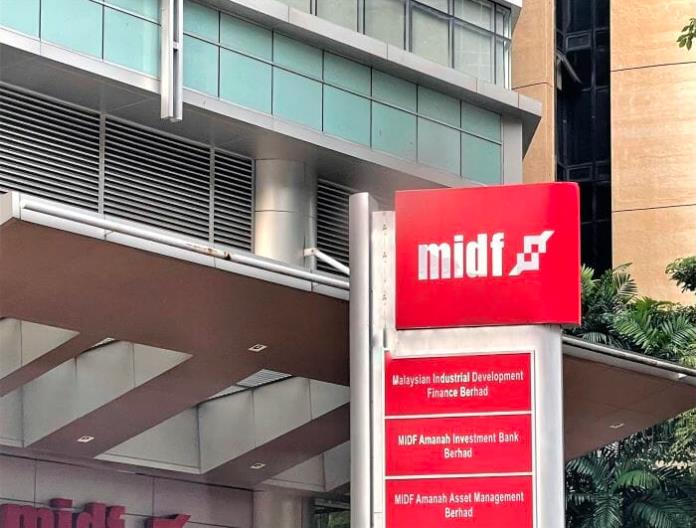MIDF Expects Inflation To Average At 2.7% For 2023

The headline inflation rate registered at +1.8%yoy in Oct-23, the lowest since Mar-21, MIDF believes the inflation rate was below the market consensus of +1.9%yoy. The non-food inflation rate was maintained at +0.9%yoy while the food inflation rate moderated to an almost 2-year low at +3.6%yoy. The softening inflationary pressure among others was due to high base effects and normalisation of global commodity prices.
The core inflation rate was recorded lower at +2.4%yoy yet still above the pre-pandemic average of +1.7%. The average 10MCY23 headline inflation was +2.7% (2022: +3.4%) and the core inflation rate was +3.2% (2022: +3.0%).
The softening inflationary pressure is a positive signal, especially for domestic demand to stay on the expansionary path in 4QCY23 onwards Malaysia's producer prices registered the first inflation in 8 months, rising by +0.2%yoy in Sep-23. The increase was underpinned by PPI inflation in the mining sector, which rose by +6.9%yoy. Similarly, production costs for agriculture, forestry & fishing also pivoted to an inflation rate at +3.2%yoy and electricity, gas & water supply at +0.5%yoy.
In contrast, input inflation for the manufacturing sector continued to decline by -0.8%yoy, yet the slowest decline in 5 months. By the stage of production, production costs for crude materials ended a deflationary run which started on Aug-22, recorded +5.4%yoy. Prices of intermediate goods deflated further for 6-month in a row yet at a slower pace of -2.7%yoy (Aug-23: -3.7%yoy). The cost of production for finished goods continued to increase by +3.1%yoy. Against the previous month, overall producers’ inflation accelerated by +0.9%mom. Moving forward, MIDF foresees pressures on local producers to increase selling prices given that the PPI inflation still remained below CPI inflation. However, the house expects elevated commodity prices will continue to influence cost pressures in the primary sectors and prices of crude materials. Moreover, the house opines that the effects of weak ringgit and inflation in global food prices would also lead to stronger imported inflation in the coming months.
As of 10MCY23, average food inflation registered at +5.3%yoy, equivalent to the previous year's +5.7%. The moderation of the food inflation rate was faster than expectations, hence MIDF says it foresees overall price growth to average at +2.7% for this year. Non-food inflation is expected to average at +1.5%. Looking ahead, it views Malaysia's inflation outlook to stay on upside despite moderating food inflation pressure and stabilising global commodity prices. The changes in the price control mechanism will determine the speed of inflation from 2024 onwards.
